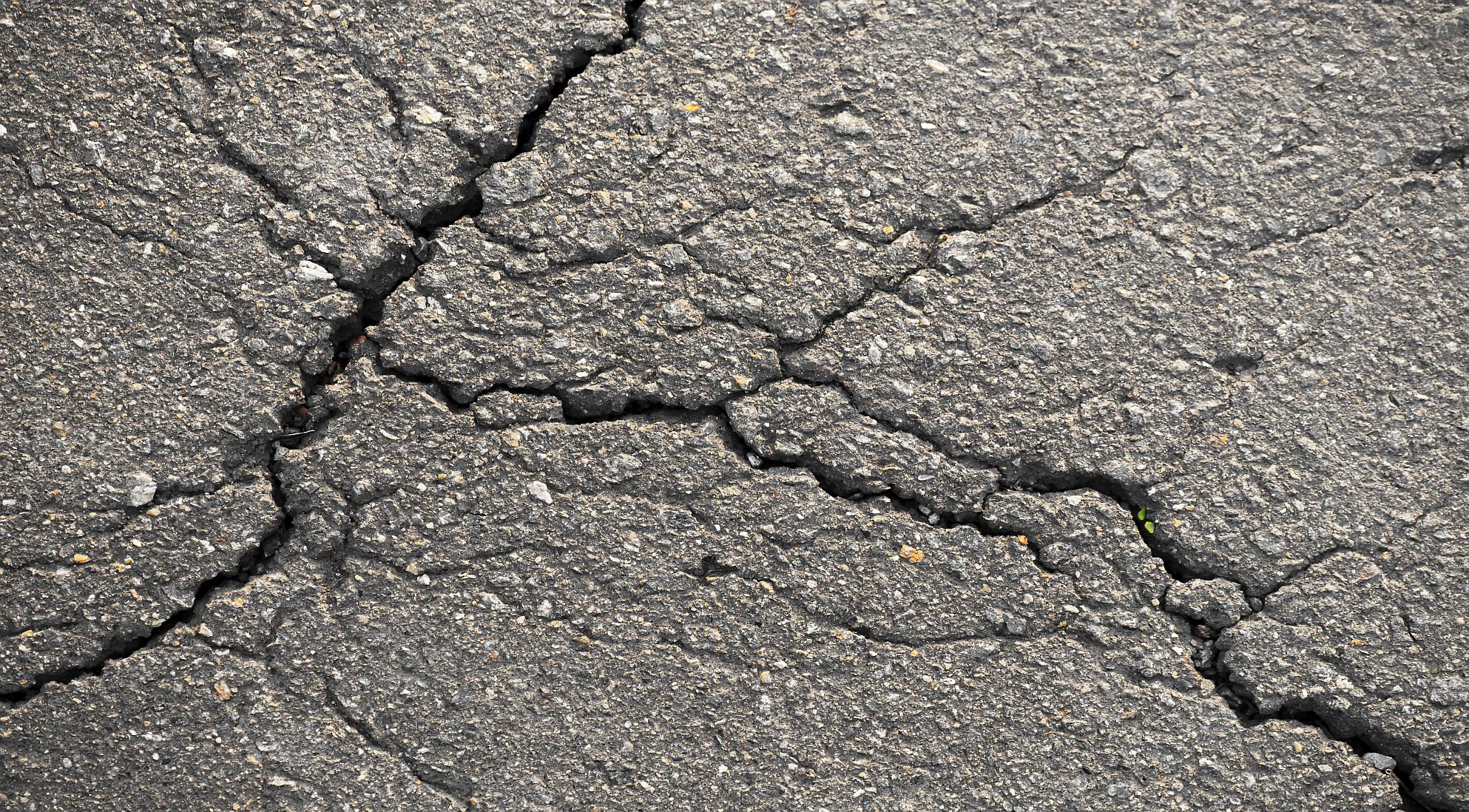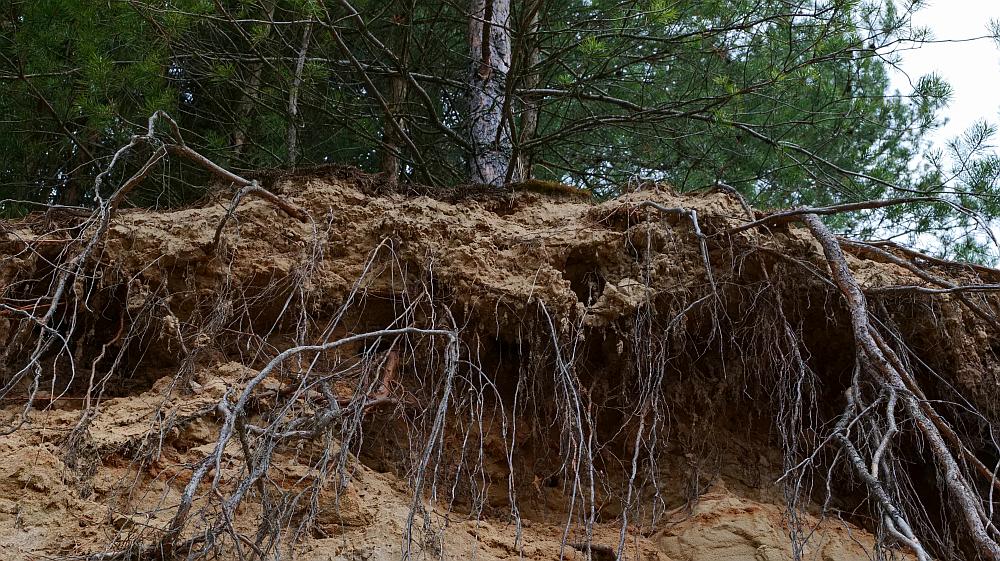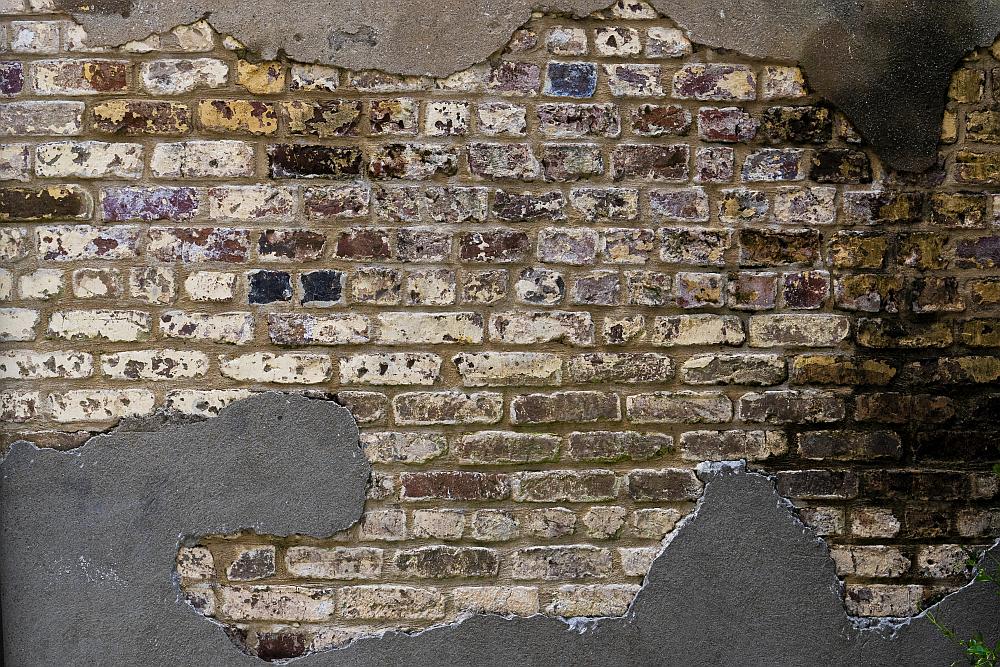It is critical to understand how California state law defines personal property and loss of use. Understanding the claims procedure can help you make sure you get the insurance payout you are due if you ever lose your house as a result of a natural disaster.
Knowing the specifics will be beneficial should you ever find yourself in this unfortunate scenario because insurance companies are renowned for trying to pay out less than victims deserve. Dealing with insurance companies can be complicated, and they often act in bad faith against their policyholders. After incurring property damages or loss, it is best to speak with an experienced attorney. The property damages attorneys at ACTS LAW LLP can help when dealing with property damages and insurance companies.
Almost everything you own is considered personal property. You won’t be protected if you lose your home to a natural disaster if you have pets, credit cards, a car, or other property insured separately from your homeowners’ policy.
The industry standard ranges from 40% to 70% of the dwelling coverage, with the limit for personal property coverage often being a defined proportion of the property insurance coverage. Furniture, clothing, consumer electronics, appliances, jewelry, and other non-affixed contents of the home are all examples of personal property, which is the insurance term for the contents of an insured’s home.
As to dwelling loss (loss of your home), the insured is entitled to the difference between the home’s market value immediately before and after the loss, if the reasonable cost of repair is less than the value reduction. The California Department of Insurance has a guide to properly claiming damages in California.
The term “statute of limitations” is a state law that restricts your ability to bring a lawsuit for any type of legal issue or harm incurred by placing a time restriction on when you can submit the case in court. These laws have been adopted by every state, and the deadlines change based on the case and state.
Any California lawsuit for the repair or replacement of damaged or destroyed property, whether it be real property or personal property, must be filed within three years, according to California Code of Civil Procedure section 338.
In a COVID-19 Property Damage Claim, the judge found against AECOM. Most of the earliest lawsuits filed by AECOM to collect on Zurich American Insurance Company property damage claims linked to COVID-19 were unsuccessful.
An all-risk policy that offered $250 million in coverage per cause with multiple sub-limits was the foundation of AECOM’s complaint, which was filed in federal district court in Pasadena, California last year.
The supervisor for international property claims at Zurich allegedly rejected coverage and informed AECOM that the presence of COVID-19 in a structure or on a surface does not represent physical loss or damage protected by the insurance, according to the complaint from AECOM.
Depending on the specifics of your case, we can strive to establish the facts of your claim, advocate on your behalf during a settlement, and represent you in court should you choose to sue your insurance provider for bad faith or property damage. To schedule a free consultation right away, call 833-228-7529 or use the online form.

Earthquakes can strike suddenly and cause significant damage. From injuries to property destruction, the aftermath of an earthquake can be overwhelming. Unfortunately, many homeowners face financial d...

Experiencing landslide damage can be a devastating event that affects both your life and your home. Amidst the process of recovering and repairing your house, you may also find yourself dealing with i...

Our team of Los Angeles property damage lawyers specializes in assisting homeowners with mold damage claims. When mold growth becomes uncontrollable, it can lead to a decline in property value and pos...